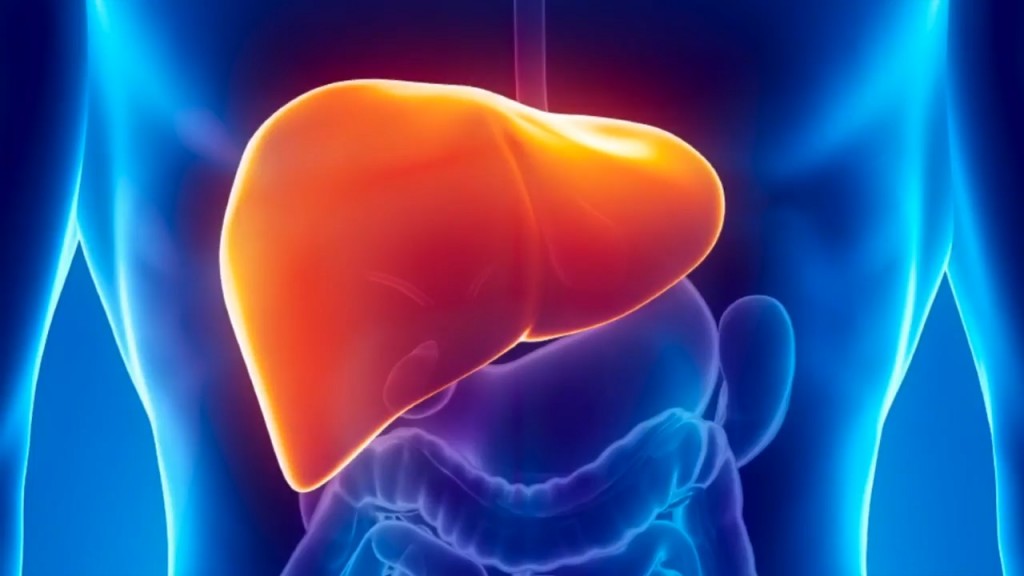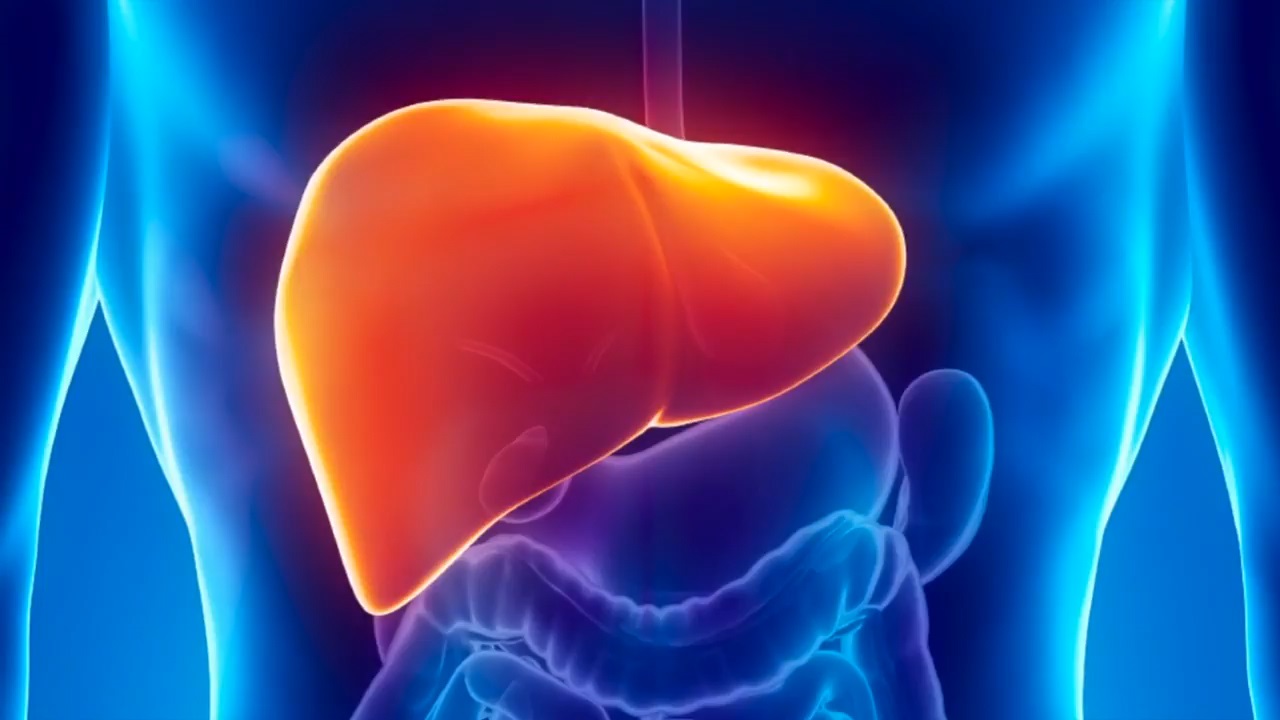
Dr. Michael Charlton is the director of the Liver Transplantation Program at Intermountain Medical Center Researchers, which is part of the Intermountain Medical Center. He attests that this all-oral cure has shown wide success among patients.
“During the study,” the lead study author describes, “liver function was seen to stabilize or improve in the great majority of patients following treatment.”
Data currently suggests that approximately 2.7 million people in the United States have a chronic hepatitis C virus infection. The blood-borne disease transmits through contaminated blood, most commonly transmitted through unsanitized needles. Those infected with the disease may experience fever, fatigue, jaundice, nausea, and stomach pain. In severe cases, the end result can, unfortunately, be death because the virus can move on to attack the liver to cause scarring (liver cirrhosis), liver cancer, and liver failure.
What is, perhaps, the most important part of this study, is that most patients do not experience any symptoms while the virus is in the acute infection phase. On the other hand, some might experience more acute symptoms like jaundice (the yellowing of the eyes and the skin), extreme fatigue, vomiting, dark urine, nausea, and right upper abdominal pain (as a result of hepatitis—liver inflammation). Still, a very small percentage of patients, even at the acute stage, can develop acute liver failure; this, of course, can lead to death.
The good news, though, is that this treatment is a simple pill. Dr. Charlton says that in the 12-week study, 267 patients 90 percent of patients were cured. More importantly, most patients only need one pill a day; others may require two. He also points out that a liver transplant costs between $500,000 and $700,000. This 12-week treatment could cost between $65,000 and $100,000.
He also notes, “Although longer follow-up is needed, the ability to achieve a high cure rate of hepatitis C in patients with advanced liver disease – and the observation of early stabilization and improvement of liver function – raises the possibility of decreasing the number of patients with hepatitis C who need liver transplantation.”








